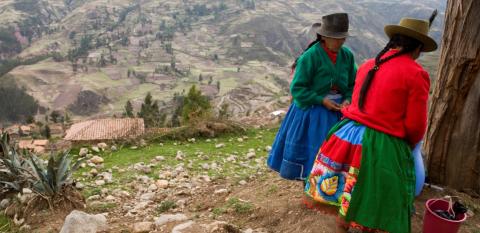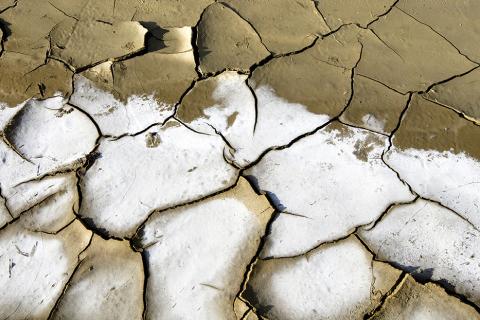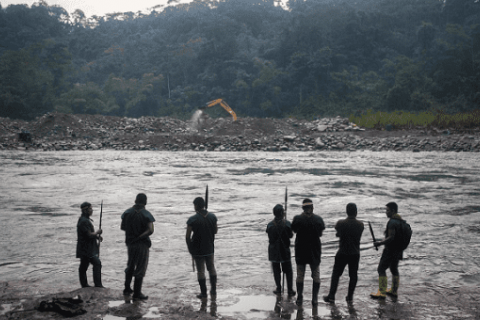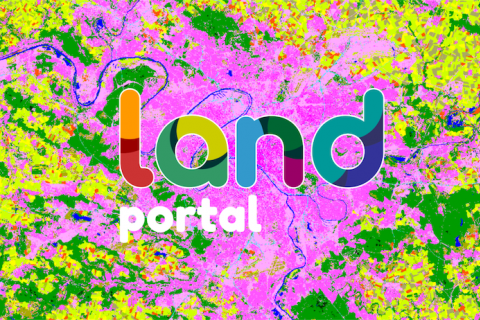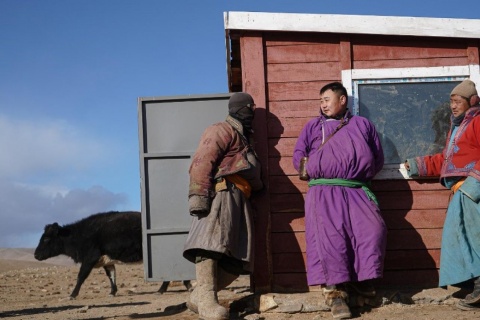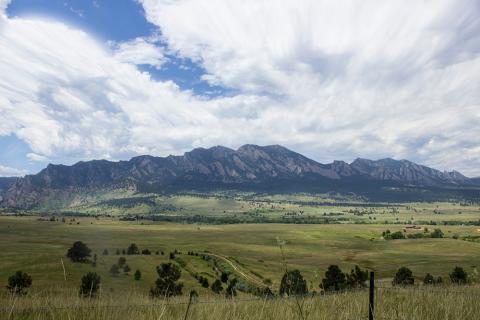Discover hidden stories and unheard voices on land governance issues from around the world. This is where the Land Portal community shares activities, experiences, challenges and successes.
 Follow our
Follow our
Sustainable Development Goals
Blog Series!
Interested in land corruption?
Follow our Land & Corruption Blog Series
for in-depth perspectives from the experts.
Issues
Geographical focus
Indigenous peoples and local communities are included in the final version of the 26th session of the UN Climate Change Conference of Parties (COP26)’s decision text, a definite success compared to previous years. Direct financing for these groups has also been celebrated as a key success at COP26. However, how much progress was actually made, and which groups were kept on the side-lines? Many challenges still remain, and there is more to be done to include farmers’ voices in key discussions and decision-making.
The Land Portal, Global Data Barometer, and Open Data Charter are working together at the nexus of open data and land governance. This blog shares how we are bringing our complementary expertise and passions for more open and transparent land data systems.
The problem
The good governance of land is critical to the pursuit of sustainable development. Given that the land sector is often considered to be susceptible to corruption, open and transparent land data is seen as an opportunity to fight corruption. Following global trends, the land sector is increasingly engaging in efforts to make more land and spatial data open and freely available.
Prindex Co-Director Anna Locke and Researcher Lizzy Tan break down the summit’s final text after their time on the ground at COP26.
The mood is mixed coming out of Glasgow. There’s relief that the world didn’t step back from the 1.5°C goal and that rich countries will provide more climate finance. There’s delight that the check-ins on progress will now happen every year. There’s resigned acceptance that the coal phase out was phrased down to make it into the final text.
But there’s real frustration and fear as well.
Whether or not governments agreed enough to slow global warming at the COP26 meeting in Glasgow is up for debate. But Indigenous Peoples, at least, did not come away empty-handed: their views were listened to and, in some cases, appear to have been taken into consideration.
It was clearly stated, for example, in the $12 billion “Global Forest Finance Pledge” signed by 11 rich countries and the European Union, that part of the money would be used for supporting “forest and land governance and clarifying land tenure and forest rights for Indigenous Peoples and local communities”.
Towards more inclusive land data infrastructures: The work of the Land Portal
The Land Portal Foundation is Global Data Barometer’s (GDB) partner, which provided key input and support to develop the land module. The Land Portal works to develop an open land data ecosystem to improve decision making and policy through making land data and information more accessible and available.
In Mongolia, the word “rangeland” is synonymous with “homeland.” It is a clue to the importance of rangelands in a country where a quarter of Mongolians are herders, and the wider livestock economy provides sustenance, income, and wealth to nearly half of the population. For many nomadic societies herding is at the core of their life. Around the world, rangelands support the livelihoods, social traditions, and resilience of 500 million people, primarily in low-income countries.
Land is a big deal when it comes to the world’s environmental goals. How we use it not only causes a third of global emissions, it has pushed a million species close to extinction and has degraded around a quarter of all land on Earth.


